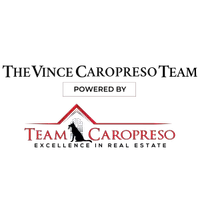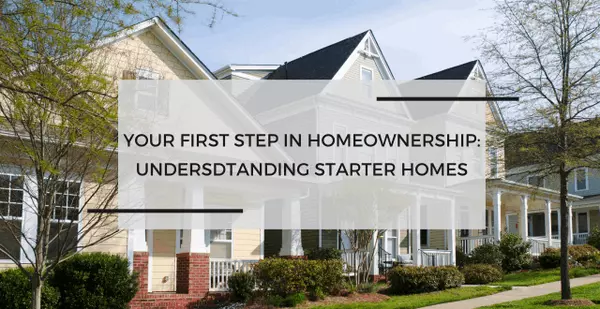
Your First Step in Homeownership: Understanding Starter Homes
Entering the world of homeownership can be an exhilarating yet daunting experience, especially for first-time buyers. One crucial concept that many potential homeowners encounter is the idea of a "starter home." But what exactly is a starter home, and how does it differ from a forever home? Is it worth considering one as your first investment? Let’s delve into these questions and explore the current real estate landscape. What Is a Starter Home? A starter home is generally defined as an entry-level property that is affordable for first-time homebuyers. These homes are often smaller in size and may need some renovations, but they serve as a launchpad into the housing market. According to the National Association of Realtors, “Starter homes are typically modest in size and price, appealing to those looking to make a smart investment without breaking the bank.” In recent years, the definition of a starter home has evolved, particularly due to rising home prices. A survey by Homelight revealed that 64% of homeowners believe that buying a starter home is a smart way to enter the market. This sentiment reflects the understanding that starter homes provide an opportunity to build equity and transition into larger homes later. The Difference Between a Starter Home and a Forever Home The primary difference between a starter home and a forever home lies in the intent and longevity of ownership. A starter home is typically seen as a temporary residence—a stepping stone toward a larger, more permanent home. On the other hand, a forever home is the property where buyers envision settling down for the long term, often featuring additional space, amenities, and a location that suits their lifestyle. HousingWire points out that “A starter home may only meet immediate needs, while a forever home is designed to accommodate future plans and family growth.” This distinction is crucial for buyers as they evaluate their current and future living situations. Is It Worth Starting with a Starter Home? Absolutely! Starting with a starter home can be a smart financial decision. As the market continues to shift, many homebuyers find that they can build equity and gain experience in homeownership without taking on the risks associated with a more expensive property. Money.com highlights that “buying a starter home can provide an opportunity to build wealth over time, as home values generally appreciate.” This appreciation not only offers financial benefits but also allows homeowners to learn the ropes of property maintenance and management in a less overwhelming environment. Furthermore, the flexibility offered by a starter home can be advantageous. According to a recent report from US News, “Many first-time buyers can upgrade to their forever home within a few years, leveraging the equity gained from their starter home.” This upward mobility is an essential aspect of today’s housing market. Bottom Line: In conclusion, a starter home can be a fantastic option for first-time buyers looking to enter the real estate market. It offers the chance to build equity, gain experience, and set the foundation for future homeownership goals. If you’re considering making your first home purchase, The Vince Caropreso Team is here to help. Our expert team is dedicated to guiding you through the process and ensuring you achieve your home buying goals. Contact The Vince Caropreso Team today to learn more about available starter homes in your area and start your journey toward homeownership!
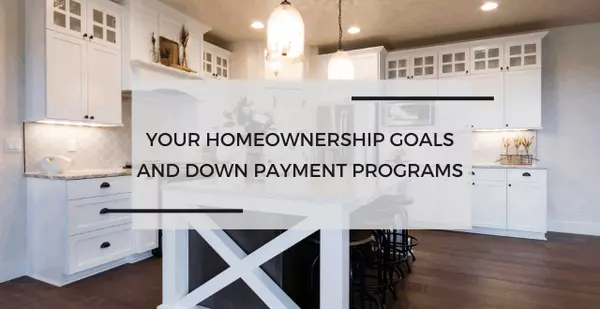
How to Achieve Your Homeownership Goals with Down Payment Programs
For many first-time homebuyers, the biggest hurdle is saving for a down payment. However, down payment assistance (DPA) programs can be a game changer, helping you move into your dream home sooner than you might think. If you're wondering how to make homeownership possible without draining your savings, read on for crucial insights on the types of assistance available, who qualifies, and why a larger down payment can be a game changer. How Many Homebuyers Qualify for Down Payment Assistance? Did you know that a significant number of buyers qualify for these programs? In fact, according to Realtor.com, "almost 80% of first-time homebuyers qualify for down payment assistance programs, but only 13% take advantage." Many buyers, however, are unaware of the resources available to them. According to Freddie Mac, "Most people don't realize that down payment assistance programs could provide significant financial relief, making homeownership more accessible for a larger group of Americans." Why a Larger Down Payment Matters A larger down payment can benefit homebuyers in several ways: Lower Mortgage Payments: By putting more money down upfront, you'll lower your monthly mortgage payment, making your home more affordable over the long term. Better Loan Terms: Many lenders offer better interest rates for borrowers who have larger down payments, helping you save on interest costs over time. Increased Equity: A bigger down payment increases your equity right away, which is a cushion if home prices fluctuate or if you want to refinance down the road. Freddie Mac emphasizes, “The more you put down on a home, the less you’ll need to borrow, which translates into lower monthly payments and less interest paid over time.” Types of Down Payment Assistance Programs There are a variety of DPA programs available to help you secure a down payment, and they typically fall into one of these categories: Grants: These are funds that do not need to be repaid and are often available for first-time buyers, low-income households, or buyers in specific areas. Forgivable Loans: Some programs offer forgivable loans, where the loan is forgiven if you live in the home for a certain number of years. Deferred Payment Loans: These loans don’t require repayment until you sell, refinance, or pay off your mortgage. Matched Savings Programs: These programs match the money you save for your down payment, often at a 2-to-1 or 3-to-1 ratio. Available Grants and Programs FHA Down Payment Assistance Programs: Many state and local governments offer assistance programs for FHA loans, which only require a 3.5% down payment. Good Neighbor Next Door Program: This is a HUD initiative offering 50% off homes for law enforcement officers, teachers, firefighters, and EMTs in revitalization areas. State-Specific Programs: For instance, Maryland has the Maryland Mortgage Program, which offers down payment and closing cost assistance for eligible buyers. According to the National Association of Realtors, “Many local and state governments, as well as nonprofit organizations, offer down payment assistance, making it possible for buyers to afford a home sooner.” Statistics on Down Payment Assistance A staggering number of buyers qualify for down payment assistance but aren't aware of it. HousingWire reports that 70% of first-time homebuyers could be eligible for some form of DPA, but many don't take advantage of these programs . Meanwhile, HomeLight highlights that 40% of buyers who use DPA programs wouldn’t have been able to purchase a home without them. These statistics underscore how crucial these resources are in making homeownership accessible. Bottom Line: Ready to explore your options for down payment assistance? Contact The Vince Caropreso Team today! We’ll help you navigate the various programs available, ensuring you maximize your home buying power and secure the best deal for your future home. With our expert guidance, achieving your dream of homeownership could be closer than you think!
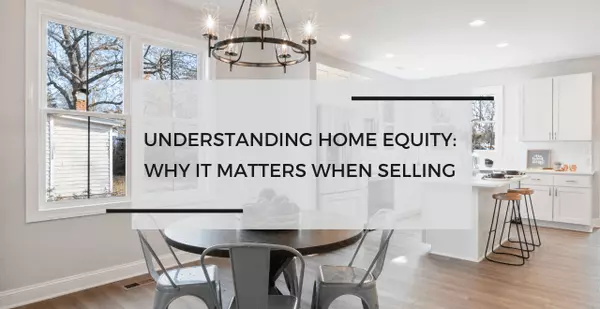
Understanding Home Equity: Why It Matters When Selling Your Property
Home equity is often referred to as your home’s hidden wealth, a powerful financial tool that many homeowners may not fully appreciate until it’s time to sell. In this blog, we’ll explore what home equity is, how much it has increased over the past five years, and how you can leverage it to purchase your next home. Understanding these concepts is crucial for making informed decisions in today’s real estate market. What is Home Equity?Home equity represents the portion of your home that you truly own. It’s the difference between your home’s current market value and the remaining balance on your mortgage. For instance, if your home is worth $400,000 and you owe $250,000 on your mortgage, your equity is $150,000. “Home equity is one of the most significant financial assets for homeowners. It grows as you pay down your mortgage and as your home’s value appreciates,” notes Money.com in their 2024 report. This growth in equity can be a game-changer when it’s time to sell your property, offering you substantial funds to use toward your next investment. How Much Has Equity Increased in the Past 5 Years?The past five years have been exceptional for home equity growth. According to the National Association of Realtors (NAR), the median price of existing homes in the U.S. has risen by nearly 40% from 2019 to 2024. This increase means that many homeowners have seen a significant boost in their equity. A recent article by Homelight highlights that "the average homeowner gained over $60,000 in equity in just the last year alone." This surge is largely due to the strong housing market, driven by low interest rates and high demand for homes. Even as the market stabilizes, the equity gains from the past few years remain a valuable asset for homeowners. How to Use Your Equity to Purchase Another HomeLeveraging your home equity when buying your next property is one of the smartest moves you can make. The equity you’ve built up can be used as a substantial down payment, reducing the amount you need to borrow for your new home. This not only lowers your monthly mortgage payments but also puts you in a stronger position as a buyer. According to Ramsey Solutions, "using the equity from your current home can help you avoid PMI (private mortgage insurance) and secure better loan terms." This can be particularly advantageous if you’re moving to a more expensive area or upgrading to a larger home. There are several ways to access your equity, including selling your home outright or using a home equity line of credit (HELOC). However, selling your home often provides the most significant financial advantage, especially if you’ve seen substantial equity growth. Bottom Line:Selling your home and unlocking its equity is a major financial decision, one that requires expert guidance. At The Vince Caropreso Team, we have over 65 years of combined experience in real estate, helping over 1,600 homeowners like you make the most of their property sales. Our team is here to ensure you get top dollar for your home, while also providing strategies to use your equity effectively when purchasing your next property. Contact The Vince Caropreso Team today to schedule a strategy session and take the first step toward your next home.
Categories
Recent Posts



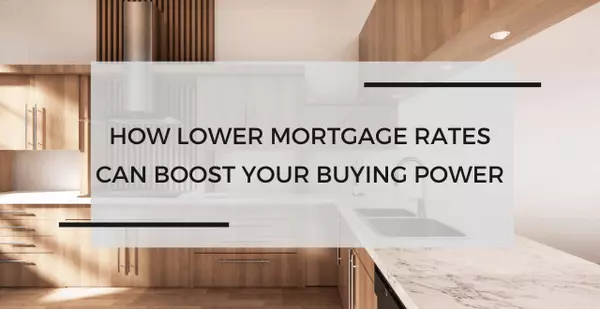
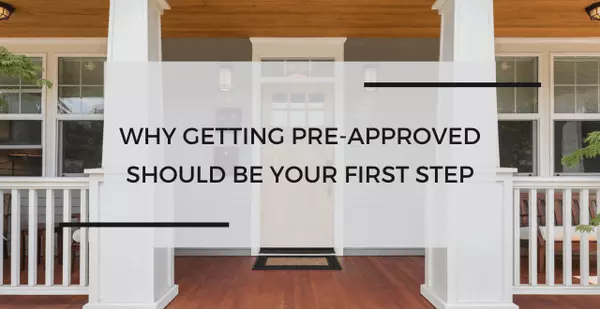
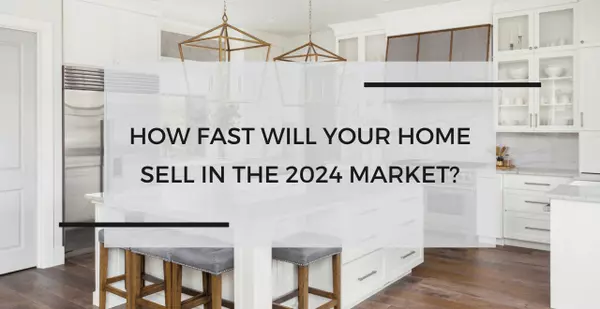
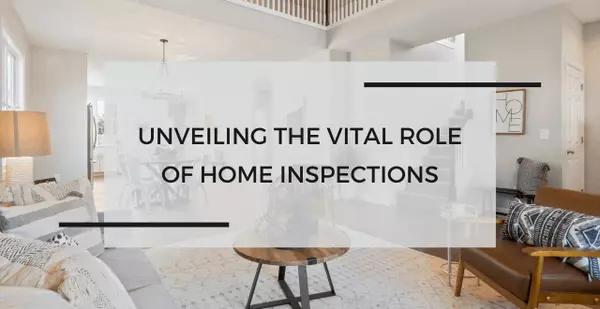
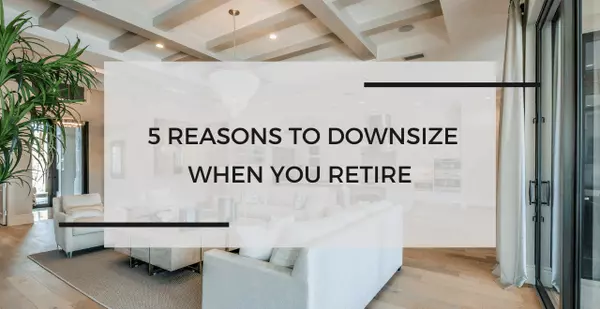
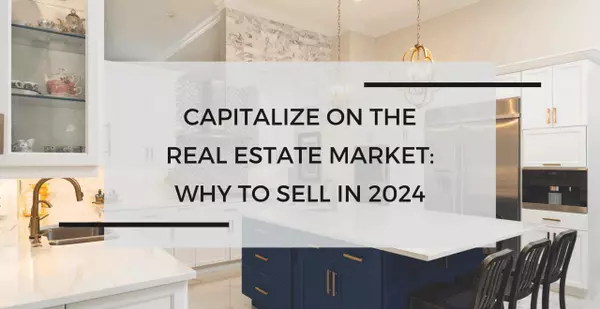
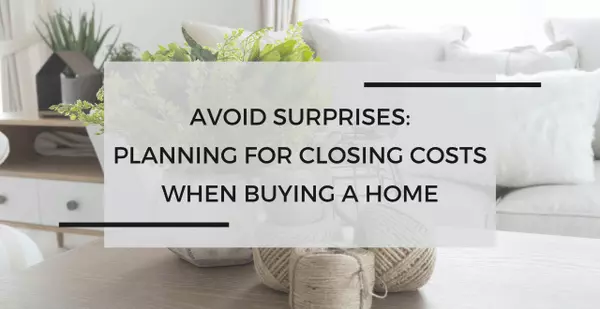
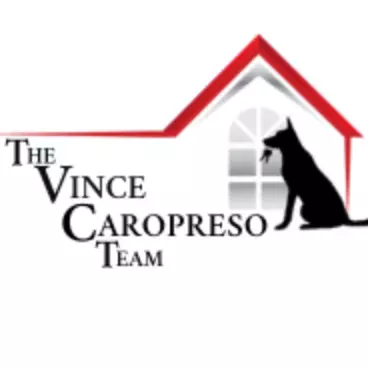
Prompt and professional service is our guarantee.
Our goal is to be informative and helpful. Through our service we hope to earn your business with our exemplary level of service and extensive local knowledge of the Central Maryland area.
